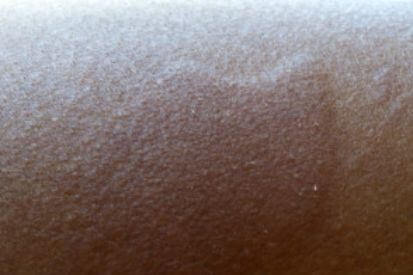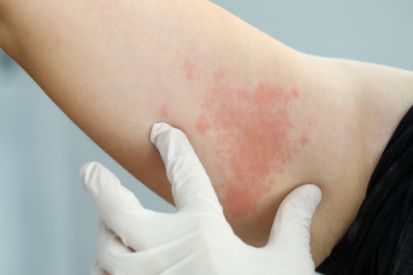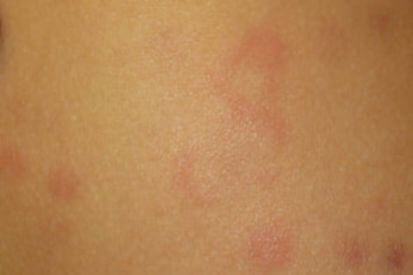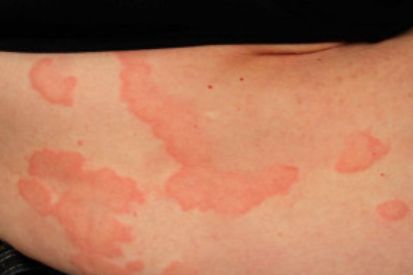Hives
If you are experiencing hives or any skin condition, it's advisable to consult with a skin specialist or a dermatologist to determine the appropriate treatment. A specialist can conduct a thorough examination, identify potential triggers, and recommend a tailored treatment plan based on the underlying cause of the hives.
Examples of Hives





What are the Symptoms of Hives?
- Hives, or urticaria, is an itchy skin rash that present as raised, itchy welts on the skin that vary in size and shape.
- Hives can appear suddenly and often migrate, causing discomfort.
- Symptoms may resolve within hours but can persist.
- Severe cases can involve swelling of the face, lips, or throat, requiring prompt medical attention.
What are the Causes of Hives?
- Reactions to certain foods, medications, insect stings, or pollen.
- Viral or bacterial infections.
- The body's immune system mistakenly attacking its own tissues.
- Adverse reactions to certain drugs.
- Exposure to heat, cold, pressure, or sunlight.
- Emotional stress can trigger hives in some individuals.
- Chronic conditions like thyroid disorders or lupus.
How to Prevent Hives
FAQs on Hives
If hives are severe, long-lasting, or keep recurring, it's important to seek advice from a dermatologist. Moreover, if hives are accompanied by alarming symptoms like difficulty breathing, facial swelling, or a rapid spread, immediate medical attention is crucial. Consulting a dermatologist can help determine the cause and provide effective treatment to manage the condition and prevent future outbreaks.
Yes, stress can indeed trigger hives. Emotional stress can worsen or even lead to the development of hives in some individuals. Dermatologists can offer valuable advice on stress management techniques and recommend treatments to help prevent hives from occurring due to stress, ensuring better control over outbreaks and overall skin health.
If you beleive your hives are due to an allergic reaction, it’s crucial to seek medical attention right away. A dermatologist can evaluate your condition, prescribe antihistamines or other necessary medications, and work with you to identify and manage the allergen responsible. Quick intervention is essential to prevent the reaction from worsening and to ensure effective treatment.
Treatment Options for Hives
Consulting with your dermatologist will provide the best treatment options for your specific condition. Schedule with us today.
Featured Blogs

- General Dermatology
As the U.S. population ages, the number of Americans who suffer from skin diseases will continue to rise, according to the American Academy of Dermatology (AAD).
Read More
- Skin Care
- Cosmetic Treatments
I had my second Elos Sublative RF Microneedling Treatment (which is an amazing new treatment we’ve added for addressing fine lines, wrinkles, acne scars and texture).
Read More
- Sun Safety
- Skin Care
- Cosmetic Treatments
These are the years where all of one's hard work pays off. They are hopefully applying a daily sunscreen, antioxidant, retinol, or other collagen booster. In addition to those products, they are also using focused treatments for their eyes and neck, as well as utilizing growth factors or peptides.
Read MoreFeatured Products
Check your local office for current stock!
Check your local office for current stock!


